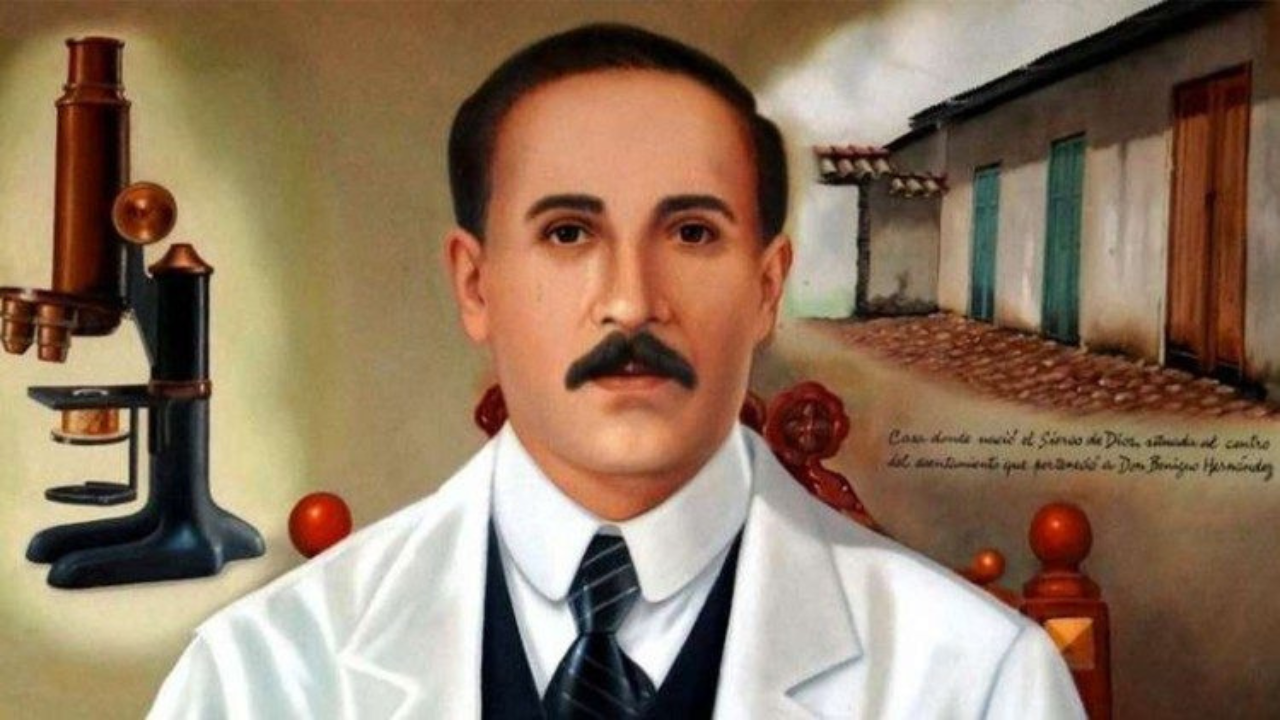One out of every five people on this planet is mentally ill, ranging from problems such as social anxiety to more serious ones like severe schizophrenia.
During a week-long conference held in Italy, neuroethical professors and psychopharmacology expert Stephen Stahl assert that some mental health problems can actually be cured by exercise or prayer, while others need continuous medical treatment since they affect the mind.
STEPHEN M. STAHL
Psychiatry professor, University of California
“Medicines for psychiatric or psychological problems are best used for serious conditions. Milder versions can be improved with lifestyle, often, psychotherapy, even meditation, prayer. But serious illness needs help. A lot of relationship issues have nothing to do with disturbed brain chemistry. So those kinds of issues with children or with spouses or parents, those are often best treated by psychological interventions or insight. Milder forms of depression and anxiety can be treated with exercise.”
FR. ALBERTO CARRARA
Neurobioethics, Regina Apostolorum
“It's very important to avoid a dualistic vision of the human being, such as a mind outside the body and the body. We are a unity, a unified body. Nothing is without meaning. So if you chose something, you have first to understand that something like drugs, like a substance, like a style of life or lifestyle could influence your biological structure.”
With this in mind, both professors say exercise or meditation cannot - and will not - “cure” a structural or biological disorder.
Even more, dangerous extremes such as suicide and drug abuse can easily occur in people who do not seek out help at the beginning when first signs start popping up.
STEPHEN M. STAHL
Psychiatry professor, University of California
“Too often in our society, problems of the spirit or problems of the mood is thought to be due to personal weakness. Something is wrong with you. You should be afraid of it and ashamed of it and hide it. If you ask for help, it means you are weak and you're not good. This is a very sad misconception because it prevents people from identifying the problem and getting help.”
Stahl insists the way to tell if a person needs help, is if one's actions interfere and disable daily activities, whether it is interpersonal relationships with others or one's job.
If so, levels of help from basic counseling to more serious medical help can assist a person in regaining control and feeling like his or her mental well-being is under control.





















